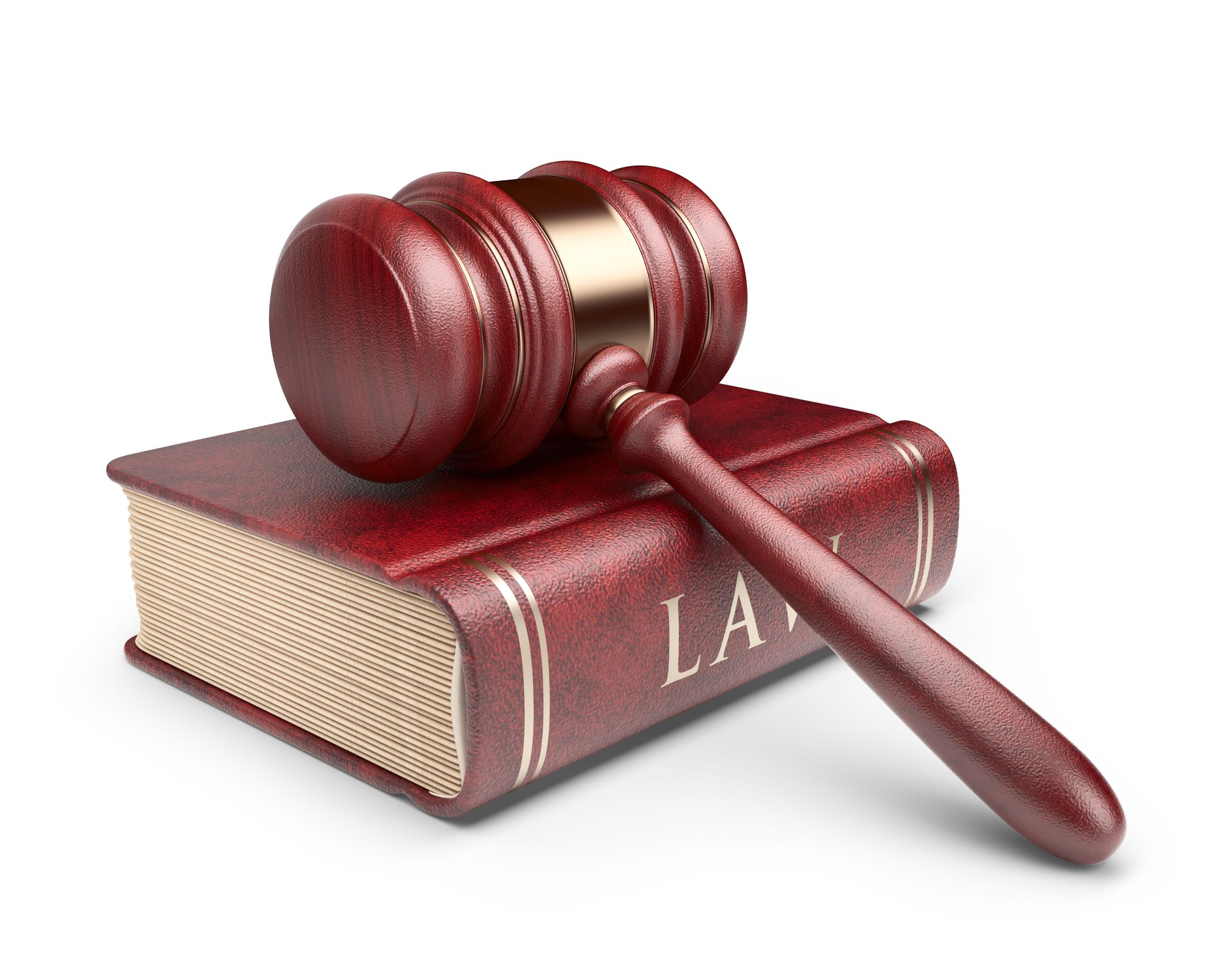
California has a variety of sophisticated legal options for parties pursuing conflict resolution outside the court system. Mediation and arbitration are the more common Alternative Dispute Resolution (ADR) processes. In California, parties involved in a dispute can also take advantage of two additional ADR methods, including neutral evaluation and judicial reference.
Neutral Evaluation
Each party engaging in a neutral evaluation presents his position to a third person called an “evaluator.” Based on the evidence offered by both parties, the evaluator issues an expert opinion that addresses the strengths and weaknesses of each of the arguments and makes recommendations as to how the dispute could be handled. While these recommendations are not binding, many parties consider these opinions in attempting to negotiate a resolution. Neutral evaluation may be more useful in relatively smaller matters where the parties do not have legal representation and are unsure of the value and/or proof necessary to prevail. However, in more complex matters handled by competent counsel, neutral evaluation is typically not used. Retained experts are more likely to be used by counsel in more complex matters to assist in evaluating technical issues.
Judicial Reference
California law provides for a procedure called “judicial reference.” Judicial reference allows the disputing parties to agree to present the case in front of a “referee”, who is usually a retired judge, neutral attorney, or non-attorney professional. Referees are court appointed and must conduct proceedings in accordance with the rules of a court hearing. A judicial reference hearing can be held for all or part of the issues in the case.
A judicial reference procedure can be voluntary or mandatory, depending on the nature of the issue and any agreements between the parties prior to the dispute. Judicial reference is advantageous because it allows parties to present their case in front of a knowledgeable third party in a cost-conscious and expeditious manner. The decision in a judicial reference hearing may be adopted as the order of the court in a partial reference or become a court judgment in a reference of the entire matter.
It is important to consult with an attorney to find out if an ADR method is suitable for you. Shane Coons has extensive experience in all forms of alternative dispute resolution and is knowledgeable about developments in California law related to litigation resolution. For more information, contact Shane Coons at 949-333-0900 or visit his website at www.ShaneCoonsLaw.com.
